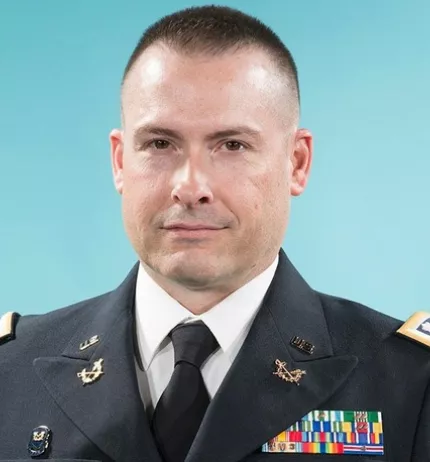Image

Jeff Jones
Alumni
1
results
Filter by
Filter
Your search did not return any results. Please try another search.

